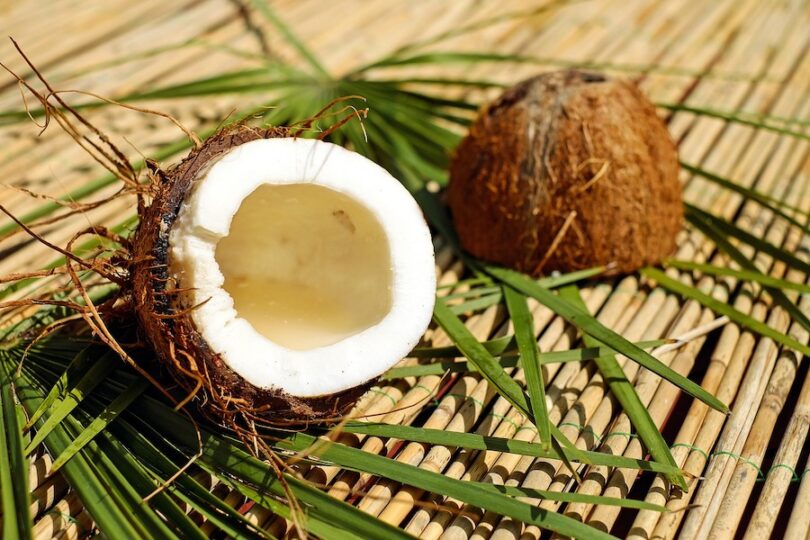Welcome, dear reader, to the magical world of coconut sugar, a sweetener that has graced the tables of Southeast Asia for centuries, only recently gaining global recognition. Often considered the healthier cousin of processed, regular sugars, coconut sugar adds not only a caramel sweetness to your dishes but also bestows upon them a nutritional boost.
The Production Process of Coconut Sugar
Coconut sugar, also known as coconut palm sugar, derives its origin from the sap of the flower buds of the coconut palm tree. This process, free from the artificial additives that characterize the production of many modern sweeteners, lends a natural touch to the making of this golden granulated sugar. A process both ancient and time-consuming, it requires expert hands and careful attention.
Nutritional Profile of Coconut Sugar
On paper, the nutritional credentials of coconut sugar speak volumes. Blessed with a surprisingly high mineral content, it stands tall with significant amounts of nutrients like potassium, magnesium, zinc, and iron. A spoonful of coconut sugar does more than sweeten, it nourishes. Unlike its regular sugar counterparts, it boasts the presence of some fiber and protein, albeit in small quantities.
Health Benefits of Coconut Sugar
Coconut sugar carves out a niche for itself in the health department with a lower glycemic index. Unlike the abrupt sugar spikes associated with regular sugar, this natural sweetener ensures a steady release of energy, thereby maintaining blood sugar stability.
The presence of inulin, a type of dietary fiber, acts as a prebiotic, fostering healthy gut flora. This often overlooked aspect of digestion plays a vital role in overall health.
The abundant minerals and antioxidants in coconut sugar are the unsung heroes, combating oxidative stress and fortifying the body’s defenses.
Moreover, coconut sugar wins on the sustainability front too. Coconut palms produce sugar for more than a decade, making it an environmentally friendly choice.
Uses of Coconut Sugar
In the realm of cooking, coconut sugar finds itself at home. Its caramel-like flavor adds depth to curries and sauces alike.
In the bakery world, it’s a game changer. Its unique flavor profile and equivalent sweetness to regular sugar make it a great substitute in cakes, cookies, and other baked goods.
And let’s not forget the beverages. Sprinkling coconut sugar in your morning coffee or evening tea gives an exotic twist to your daily rituals.
Precautions and Considerations
Despite its impressive resume, it’s important to remember, coconut sugar is still sugar. Moderation is the key, as with all sweeteners.
If you’re prone to allergies, it’s worth noting that coconut sugar is a tree nut product. As such, caution is advised for individuals with tree nut allergies.
Conclusion
Embracing healthier alternatives such as coconut sugar brings you one step closer to wellness. This nutritious sweetener, with its delightful flavor and ecological benefits, deserves a place in our kitchens. However, it’s worth remembering that personal research and moderation remain the bedrock of dietary choices. Let the journey to explore healthier, tastier alternatives continue. Always remember, your health is in your hands. Make each choice count.



Leave a Reply